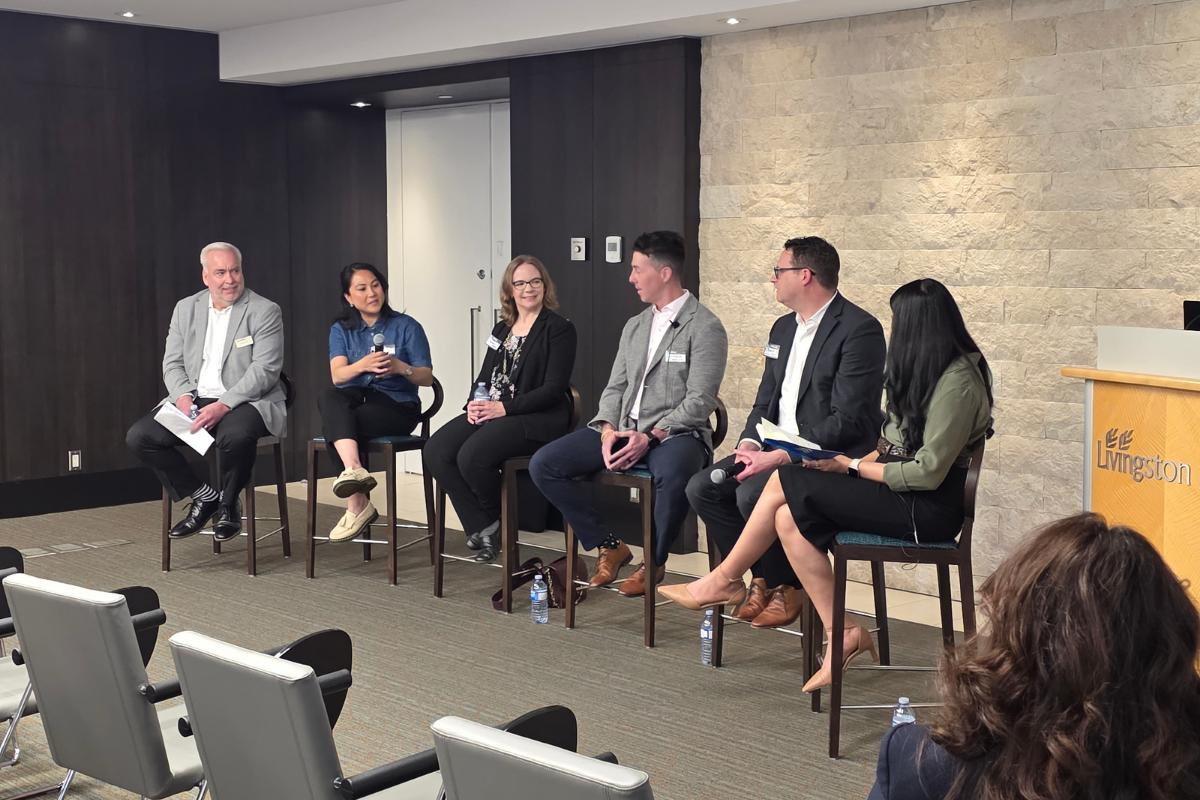Panel recap: Financing the future of food – from IP to IPO

On May 20, 2025, MLT Aikins and the Canadian Food Innovation Network (CFIN) hosted Financing the future of food: from IP to IPO, a panel discussing the intricacies of intellectual property (IP) protection and capital raising in the ag food industry.
In addition to MLT Aikins lawyers Scott Exner and Charlene Lipchen, featured panellists included Lourdes Juan (Knead Technologies), Charles Wilson (BMO) and Bill Crysler (MNP). The panel was hosted by Hubba Khatoon (CFIN’s Regional Innovation Director, Prairies) and moderated by Richa Gupta (CFIN’s VP of Partnerships & Development)
We’ve distilled key insights from the panel below, providing practical advice for entrepreneurs in the food tech space.
The importance of IP strategy
Having a robust IP strategy is essential, not only to protect valuable assets but also to demonstrates strategic planning to potential investors. Initially, many startups focus on their mission rather than IP protection. However, it is important to develop confidentiality agreements and a product roadmap to better safeguard innovations. Startups should think about their product roadmap early on and ensure they have defensible IP to differentiate themselves in the market.
Seeking early advice to develop a strategy that aligns with this roadmap is crucial. This includes considering the timing of patent filings and ensuring public disclosures are managed appropriately. Before making any public disclosures, ensure some protections are in place to avoid jeopardizing potential patents and regularly review new innovations and decide when and how to protect them.
Funding strategies for growth
Understanding the costs associated with bringing a product to market is vital. Leveraging local venture capitalists and crowdfunding platforms, and being realistic about valuations and business plans, can be beneficial. If possible, consider simpler agreements with friends or family instead of spending heavily on legal and accounting fees upfront. Additionally, tap into local venture capitalists who understand the food and beverage sector.
Achieving milestones and communicating them effectively to investors is important, as is building a network of professionals (including bankers, legal teams or other industry professionals) who can provide guidance and help identify other potential investors. Establish relationships with investors early on, even if they are not ready to invest immediately, and keep them updated on progress.
Legal considerations in scaling
Clear employment agreements, confidentiality provisions and a well-structured asset ownership plan are crucial for attracting investors and ensuring smooth operations. Ensure that the company owns any IP and assets, rather than having them spread across multiple entities, which can complicate investment and valuation.
Leveraging government programs
Government programs can play a significant role in supporting startups. Programs like the Scientific Research and Experimental Development (SR&ED) tax incentive can provide significant financial relief. However, it’s important to understand the specific requirements and deadlines associated with these programs. Keep detailed records of R&D activities and expenses to best take advantage of these programs and maximize claims.
Final thoughts
For food tech startups, navigating the legal landscape of IP protection and capital raising requires careful planning and strategic advice. By focusing on early-stage IP protection, leveraging local funding sources and understanding the legal requirements for scaling, entrepreneurs can position their companies for long-term success.
The MLT Aikins agribusiness and food practice group provides legal advice tailored to the business and practical considerations of Canada’s agribusiness and food sector. We understand the business landscape – the local and regional geography as well as the cross-jurisdictional frameworks. We have a nuanced understanding of the regulatory and legal issues affecting this dynamic sector – issues that impact the daily lives of growers, ranchers and consumers.
MLT Aikins would like to extend further thanks to CFIN for their invaluable help in organizing and facilitating this event.
Note: This article is of a general nature only and is not exhaustive of all possible legal rights or remedies. In addition, laws may change over time and should be interpreted only in the context of particular circumstances such that these materials are not intended to be relied upon or taken as legal advice or opinion. Readers should consult a legal professional for specific advice in any particular situation.




